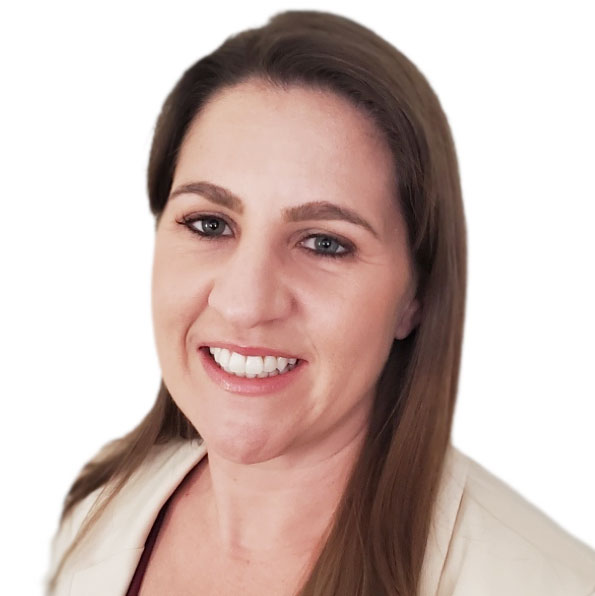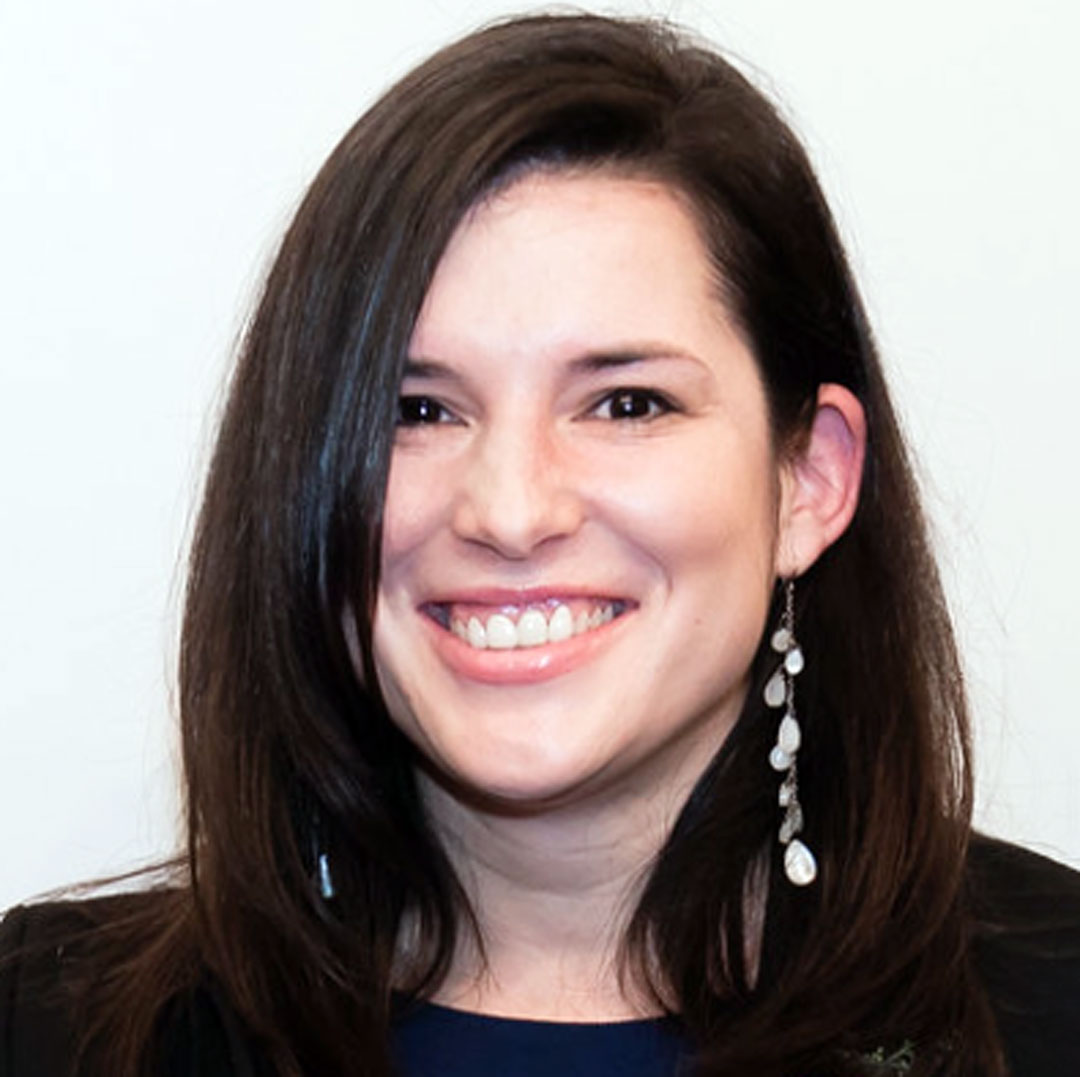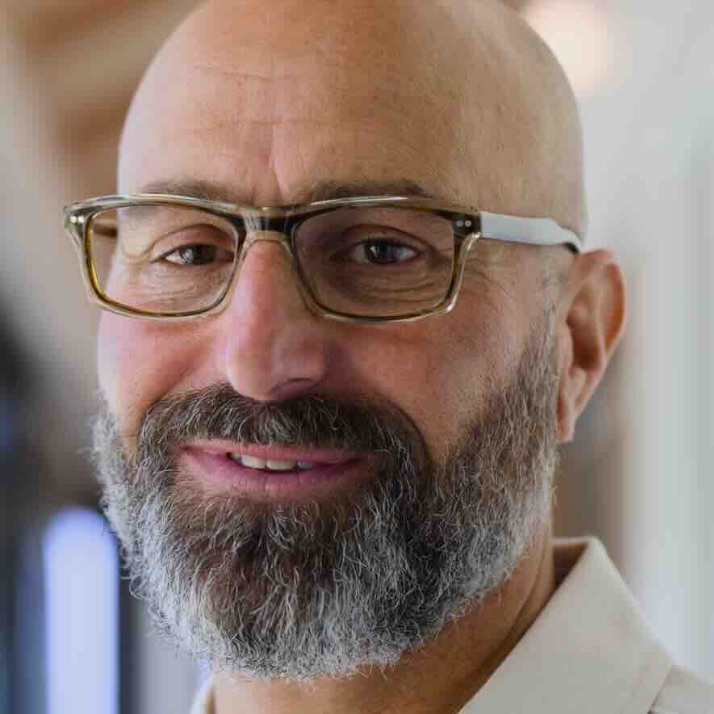Starting Your Bipolar Disorder Therapy Journey in San Francisco
Starting your Bipolar disorder therapy journey in San Francisco can feel overwhelming given the city’s many options, from large health systems (UCSF, Kaiser) to community clinics and private practices across neighborhoods like SoMa, the Mission, and the Richmond. Use MiResource’s directory to quickly scan local therapists who specialize in Bipolar disorder I or II, mood stabilization, and co-occurring concerns. You can filter by therapy approach—CBT, DBT, IPSRT, psychodynamic, or medication management collaboration—so you see providers aligned with evidence-based care for bipolar spectrum conditions.
MiResource lets you narrow results by insurance (including major PPOs, HMOs, Medi-Cal, and university plans), session fees, sliding scale availability, and real-time openings, reducing back-and-forth and waitlists. You can also filter by language, cultural expertise, LGBTQ+-affirming care, and telehealth vs. in-person visits, helping you find a clinician who understands San Francisco’s diverse communities. Profiles include specialties, credentials, and scheduling options so you can compare at a glance and request consultations directly.
Finding a therapist locally improves access to consistent care, flexible scheduling around commute patterns, and coordination with nearby psychiatrists or primary care. Proximity to your neighborhood or transit lines (Muni, BART, Caltrain) makes it easier to keep regular appointments, a key factor in mood stability. With MiResource’s filters and location tools, you can quickly identify San Francisco therapists who fit your clinical needs, insurance, and availability, and start care with confidence.
Mental Health Resources for Bipolar Disorder in San Francisco
Living with bipolar disorder can be challenging, but supportive care is available in San Francisco. Below are crisis options, public programs, nonprofits, health systems, and clinics that offer services relevant to bipolar disorder. Use these resources for immediate help, ongoing care, and community support. You can also use MiResource to find licensed bipolar therapists in San Francisco.
Emergency & Crisis
- Call 911 for life-threatening emergencies
- Call/text 988 Suicide & Crisis Lifeline
- Zuckerberg San Francisco General Hospital – Emergency Services
- UCSF Parnassus Emergency Department
- CPMC Van Ness Campus – Emergency Department (Sutter Health)
Public & City Programs
- San Francisco Behavioral Health Services (Access Line for mental health/substance use)
- Behavioral Health Access Center (walk-in/connection to care)
- Mental Health SF (coordinated city care & pharmacy support)
Nonprofits & Support Groups
- NAMI San Francisco (classes, family education, support groups)
- DBSA (Depression & Bipolar disorder Support Alliance) – SF area peer groups
- Mental Health Association of San Francisco – Peer Support Groups
- MHASF 24/7 Peer-Run Warm Line
- San Francisco Suicide Prevention (Felton Institute) – crisis lines/support
Health Systems & Universities
- UCSF Langley Porter Psychiatric Hospital & Clinics
- Sutter Health CPMC Behavioral Health Services
- Kaiser Permanente San Francisco Psychiatry
Community Clinics/Sliding-Scale
- RAMS, Inc. (community mental health/therapy, multiple languages)
- HealthRIGHT 360 (behavioral health, substance use, primary care)
- Mission Neighborhood Health Center – Behavioral Health
- San Francisco Community Health Center – Behavioral Health
- North East Medical Services (NEMS) – Behavioral Health
Use MiResource to find licensed bipolar therapists in San Francisco and filter by insurance, specialty, and availability.
The Benefits of Seeing a San Francisco-Based Bipolar Disorder Therapist
Working with a San Francisco therapist who specializes in bipolar means your care is grounded in local realities—microclimates that can affect energy and sleep (foggy Outer Sunset vs. sunnier Mission), shifting rhythms around events like Bay to Breakers and Hardly Strictly Bluegrass in Golden Gate Park, and cultural nuance across neighborhoods (tech pressure in SoMa, LGBTQ+ community in the Castro, multilingual families in the Richmond/Sunset, and Latinx culture in the Mission). Local clinicians can coordinate crisis and step-up care with nearby systems like Zuckerberg San Francisco General and UCSF Langley Porter , and they know community rhythms, housing stress, and commute patterns that shape mood and routine. In-person sessions can slot into daily life—drop in near the Ferry Building before work via BART or Muni, schedule a lunch-hour visit in FiDi, or an evening appointment after a walk at Lands End or the Presidio.
Therapists here also make access practical: Muni lines (N Judah, J Church, K/T, L Taraval, M Ocean View) and BART connect the Richmond/Sunset, Noe Valley, and Mission to Downtown; Caltrain at 4th & King helps South Bay commuters; ferries serve the Embarcadero (SFMTA). Many offices are ADA-accessible, with elevators, curb cuts, and nearby garages like Sutter-Stockton or Mission Bartlett; SFpark helps find metered spots . Beyond therapy, robust local supports can sustain progress: NAMI San Francisco family and peer programs , DBSA San Francisco bipolar peer groups , the Mental Health Association of San Francisco’s WRAP groups and Warm Line , and the SF Behavioral Health Access Center for services and the 24/7 ACCESS line at 415-255-3737 . Community hubs like the SF LGBT Center and Glide offer complementary resources, and Bay Wheels bike share plus protected lanes make quick, regular in-person visits feasible between daily commitments.
Understanding Bipolar Disorder
Bipolar disorder is a mood condition with cycles of highs (mania or hypomania) and lows (depression) that can affect energy, sleep, focus, and relationships. If you’re living with it in San Francisco, know you’re not alone—many people find relief and stability with understanding, support, and care.
About Bipolar Disorder
Bipolar disorder is a mental health condition that brings strong shifts in mood, energy, and activity levels. You might have times of feeling very up or energized, followed by periods of deep sadness or low energy, along with sleep changes, racing thoughts, or trouble focusing. These ups and downs can affect work, school, relationships, and daily routines, but with the right support in San Francisco, many people feel better and regain balance. For more details, visit Bipolar disorder page.
How Therapy Can Help with Bipolar Disorder
Working with a therapist can help you understand your mood patterns, strengthen routines, and create a personalized plan to prevent relapse and stay well. Evidence-based approaches like Cognitive Behavioral Therapy, Interpersonal and Social Rhythm Therapy, and family-focused therapy build skills for emotion regulation, sleep and daily rhythm stabilization, medication adherence, and communication with loved ones. Many people see fewer mood episodes, quicker recovery when symptoms arise, and better functioning at work, school, and home. If you’re ready to take the next step in San Francisco, a therapist can partner with you to set goals, track progress, and reclaim a more stable, fulfilling life.
Inside the Bipolar Disorder Therapy Process
Your first session focuses on understanding your history, current symptoms, goals, and creating a safety and stabilization plan; follow-ups move into skills practice, mood tracking, and relapse-prevention, with ongoing check-ins to adjust what’s working. We use evidence-based approaches for Bipolar disorder such as Cognitive Behavioral Therapy (to identify and change unhelpful thoughts and behaviors), Interpersonal and Social Rhythm Therapy (to regulate daily routines and sleep to stabilize mood), Family-Focused Therapy (to improve communication and reduce stress at home), and psychoeducation—often coordinated with your prescriber when medication is part of care. These methods work by building routines, recognizing early warning signs, strengthening coping and support, and reinforcing behaviors that maintain mood stability, and they’re tailored to your needs and culture. Therapy is a collaborative process between you and your therapist, with shared decisions and transparent goals, whether in person or in San Francisco.
Common Questions About Bipolar Disorder Therapy in San Francisco
1) How can I tell if I should see a Bipolar disorder therapist?
Consider Bipolar disorder therapy if mood swings are intense, frequent, or disruptive to your daily life, relationships, or work. Signs include periods of very high energy or little need for sleep followed by deep lows that make it hard to function or feel hopeful. You might notice impulsive spending, risky decisions, or irritability that you later regret, or long stretches of fatigue and withdrawal. If loved ones express concern or you feel out of control despite your best efforts, seeking professional support can help you regain stability.
2) What if the first Bipolar disorder therapist I see in San Francisco isn’t the right fit?
It’s common not to find the perfect fit right away, and changing therapists is a healthy, proactive choice. Effective Bipolar disorder care relies on trust, comfort, and a therapist’s experience with your needs, so your preferences matter. In San Francisco, you have many options—MiResource can help you compare specialties, availability, and insurance to streamline the switch. Give yourself permission to keep looking until the relationship feels supportive and effective.
3) Is virtual Bipolar disorder therapy effective?
Yes—research and real-world experience show that online therapy can be as effective as in-person care for many people with Bipolar disorder . Video sessions offer flexible scheduling, reduce travel time, and can make it easier to stay consistent, especially during mood fluctuations. Some people prefer in-person visits for the structure or personal connection, and others like a hybrid approach. The best choice is the one that helps you attend regularly and engage with your treatment plan.
4) What should I ask when choosing a Bipolar disorder therapist in San Francisco?
Ask about their experience: “How often do you treat Bipolar disorder , and what approaches do you use (e.g., CBT, IPSRT, family-focused therapy)?” Clarify practicals: “Do you take my insurance, what are fees, and do you offer evening or virtual appointments in San Francisco?” Explore collaboration: “How do you coordinate with psychiatrists for medication and with my support system?” Gauge fit: “How will we set goals, track progress, and adjust if something isn’t working?”
5) Does Bipolar disorder therapy really help?
Yes—evidence-based therapies for Bipolar disorder , especially when combined with medication management, significantly reduce relapse risk, improve mood stability, and enhance daily functioning. Approaches like cognitive behavioral therapy, interpersonal and social rhythm therapy, and psychoeducation help you recognize early warning signs, build routines, and cope with stressors. Many people report better sleep, relationships, and work performance as therapy progresses. With consistent care and a good therapeutic fit, meaningful, lasting improvement is very achievable.













